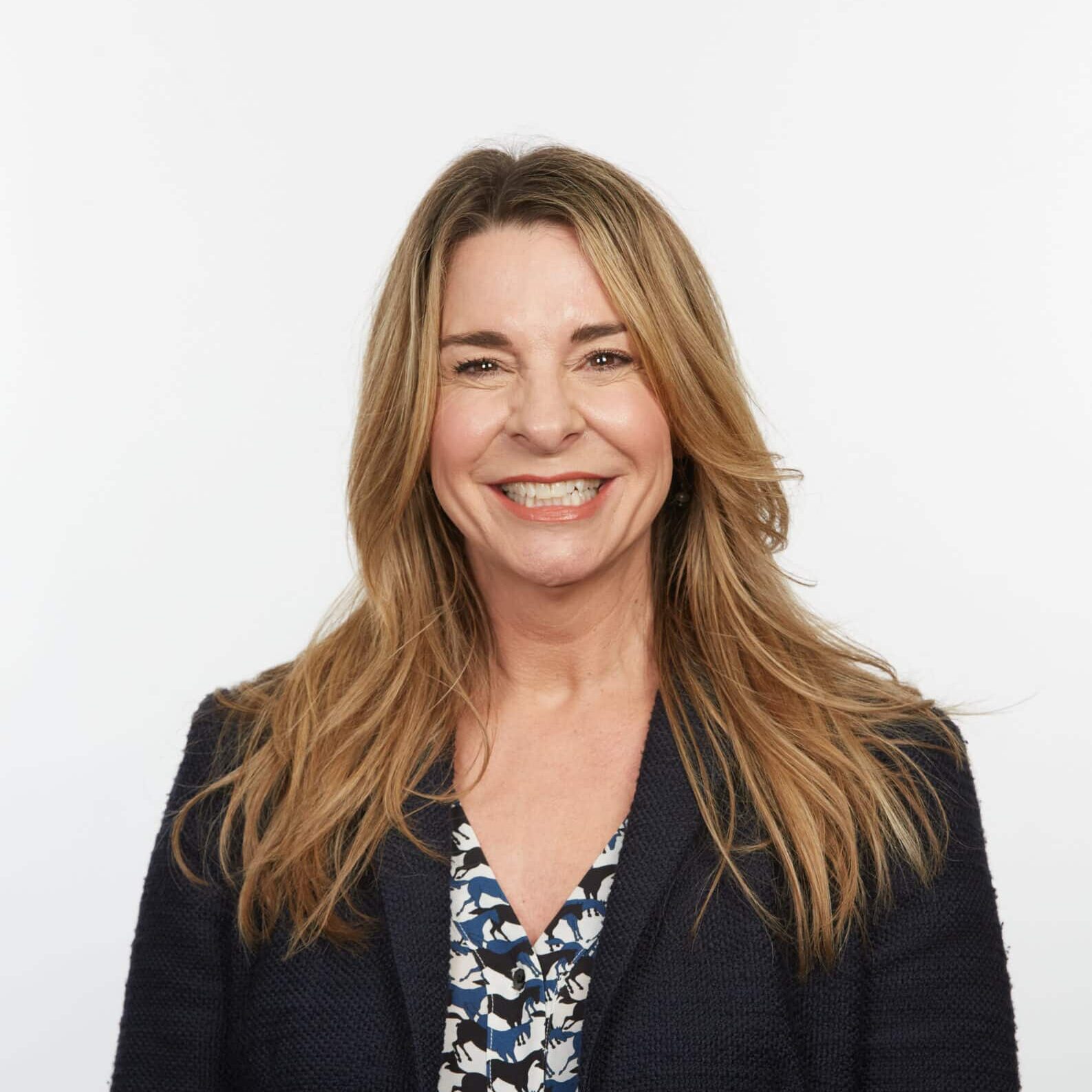Licensed mental health counselors, or LMHCs, can treat a variety of mental health issues. These professionals support people struggling with addiction, mental health disorders, family issues, relationships, and much more. Licensed mental health counselors are called licensed professional counselors (LPCs) in many states; employers view them as essentially the same role in most cases.
Individuals can become “licensed mental health counselors”in the following states:
- Florida
- Hawaii
- Indiana
- Iowa
- Massachusetts
- New Mexico
- New York
- Washington
As technology improves and clients’ needs change, LMHCs can also provide mental health treatment online as teletherapy providers. However, they must be licensed in the state where their client lives to provide telehealth services.
LMHCs have fantastic interpersonal skills that allow them to communicate with patients in helpful, nonjudgmental ways. They typically develop these skills over many years, asthe role requiresat least a master’s degree and two years of supervised clinical experience. LMHCs and LPCs are needed to help close the treatment gap and expand access to mental health and addiction treatment for people across the United States.
Treatment Can Be Life Changing. Reach out today.
Whether you are struggling with addiction, mental health or both, our expert team is here to guide you every step of the way. Don’t wait— reach out today to take the first step toward taking control of your life.
The following will provide an overview of the LMHC career path, including how to gain licensure, receive experience and begin working.
How Does a LMHC Differ from a Mental Health Counselor?
Licensure indicates that a mental health counselorhas passeda national licensing exam, typically the National Clinical Mental Health Counseling Examination (NCMHCE). This allows them tolegally practiceas a mental health counselor.
The license indicates that a counselor has been deemed competent in treating mental health disorders and related issues. An unlicensed counselor may not have taken the exam yet for various reasons — for example, they may still be acquiring clinical experience or completing an internship. Mental health counselors who are not licensed require more supervision as they gain their experience, and are generally paid less than their licensed counterparts.
An LMHC helps individuals make changes in their thinking patterns and ways of communication, often through therapy. The most common forms of therapy typically include:
- Cognitive behavioral therapy
- Talk therapy
- Dialectical behavioral therapy
LMHCs can specialize in certain areas, such as addiction or family treatment. The pay varies between specialization, but themedian salaryis around $46,240. Demand for these positions is expected togrow 22%between 2018 and 2028, over four times the average rate for all jobs.
How to Become a Licensed Mental Health Counselor
The path to becoming an LMHC requires higher education, clinical experience, examinations and an ongoing license renewal fueled by continuing education courses.
Educational and Degree Requirements
In all states, a person with an LMHC, LPC or similar role requires at least a master’s degree in clinical mental health counseling. Many of these programs follow the standards set by CACREP, which calls for 60 hours of graduate coursework. Some states require even higher education for mental health treatment.
Training and Clinical Experience
To become licensed, individualstypically needup to 3,000 supervised clinical hours of experience. Though internships may count toward the requirement, many states want clinical experience to occur during postgraduate work. These clinical hours typically take two years or less to achieve. While gaining clinical experience, counselors:
- Frequently connect with patients one-on-one
- Lead group counseling sessions
- Meet with supervisors and peers
- Review notes
Required Examinations and Certifications
A mental health counselormust passthe NCMHCE to become an LMHC, but some states may require the National Counselor Examination (NCE) instead. Some states require LMHCs to pass both exams. Many states also require counselors to pass a jurisprudence examination, which is a test on state laws, rules and ethical standards.
Therequired credentialsin states where our facilities are located include:
- Florida:NCMHCE
- Washington:NCE or NCMHCE
- Colorado:NCE and jurisprudence exam
- Ohio:NCMHCE for a licensed professional clinical counselor, NCE for a licensed professional counselor
- New Jersey:NCE
Renewing Mental Health Counseling Licensure
Each state has its own requirements for licensure renewal. For states where our facilities are located, these include:
- Florida:Licensesmust be renewed before March 31 on odd-numbered years
- Washington:Licensesmust be renewed every year
- Colorado:Licensesmust be renewed every four years
- Ohio:Licensesmust be renewed every two years
- New Jersey:Licensesmust be renewed before November 30 in even-numbered years
Additionally, most states require continuing education as a renewal requirement.
Continuing Education
As part of the renewal process, counselors must attain acertain number of hours in specific continuing education courses. In states where our facilities are located, these include:
- Florida:30 hours of continuing education every two years, 3 hours on Florida laws every third renewal, 6 hours on domestic violence every six years
- Washington:36 hours of continuing education every two years, 3 hours of suicide training every six years
- Colorado:40 hours of continuing education every two years
- Ohio:30 hours of continuing education every two years
- New Jersey:40 hours of continuing education every two years, with at least 5 hours in ethics and 3 in social and cultural competency








